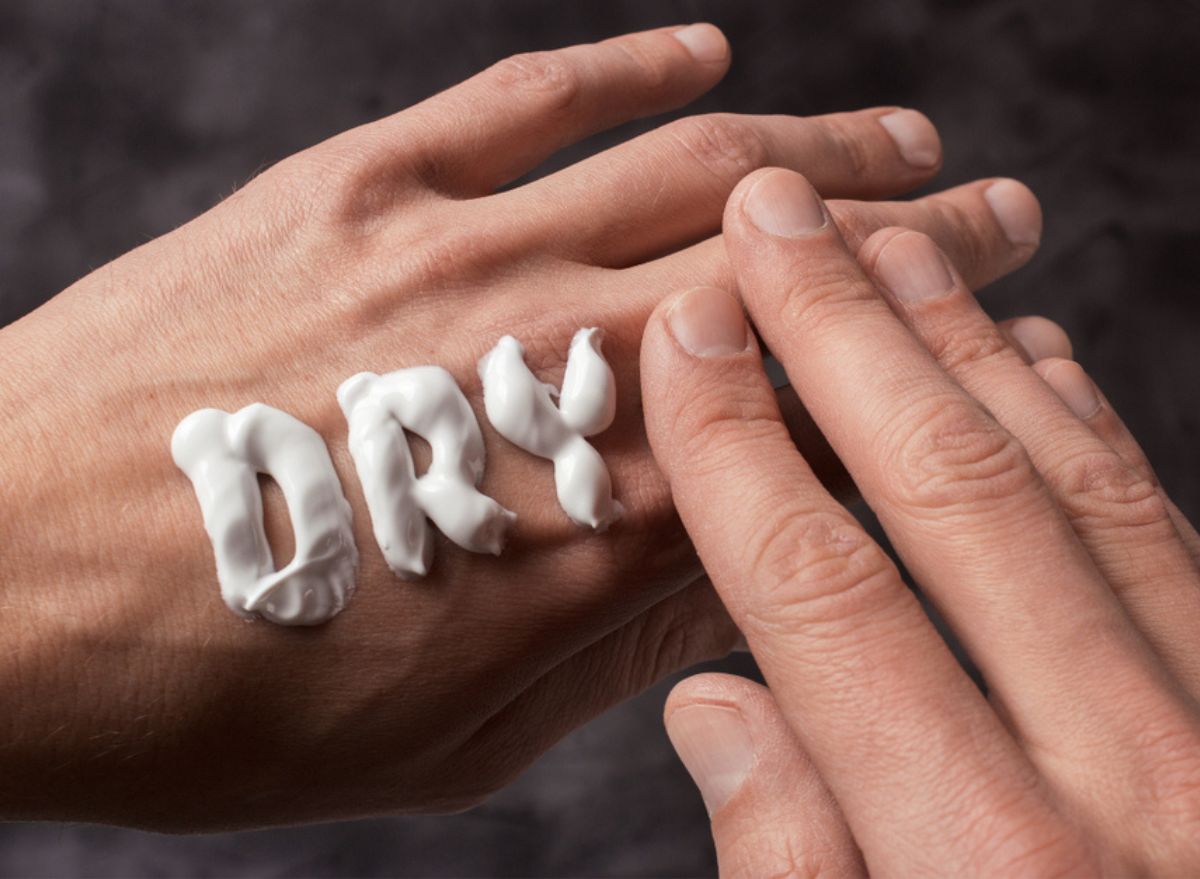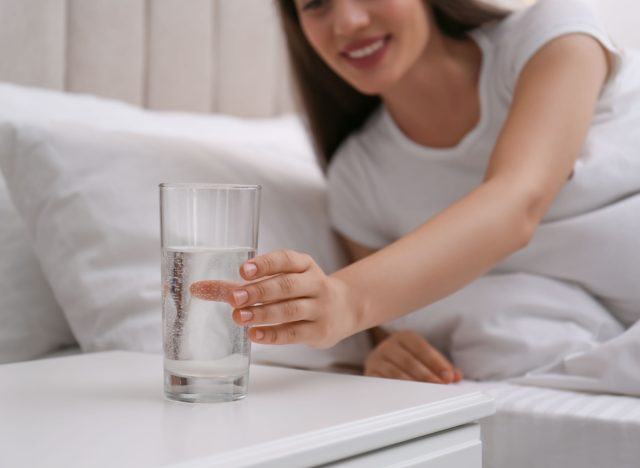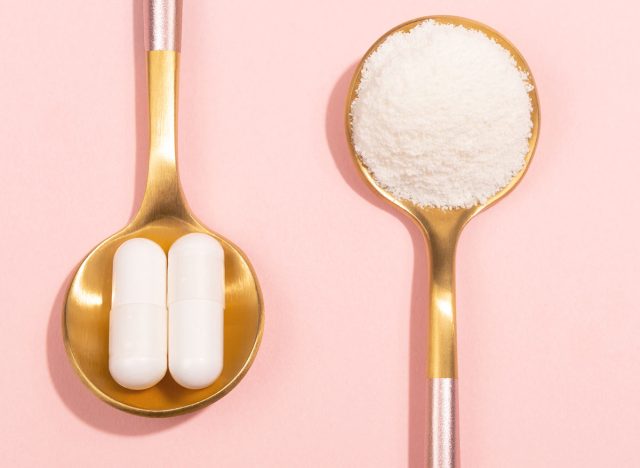Let’s know the ‘Eating And Drinking Habits That Causes Dry Skin’ Given the itching and flaking that may arise from having dry skin, it can be unpleasant and uncomfortable.
Applying moisturizer to the skin, using a humidifier in the house, and avoiding overly hot baths and showers are just a few of the remedies that individuals turn to for assistance with dry skin.
However, especially in the colder months, what we put into our bodies may also have an impact on how our skin looks. According to some medical research, our food choices may have a significant impact on how much moisture our bodies are able to retain.
Here are five dietary and drinking practices that may be causing or aggravating your dry skin if you have it.
Check Out The Eating And Drinking Habits That Causes Dry Skin
1. You aren’t drinking enough water
The idea is fairly straightforward: If your body is not sufficiently hydrated, this may cause your skin to appear dry. Dry skin and dehydration are related, primarily because the body does not have enough fluid.
“Staying hydrated throughout the day requires drinking lots of water. This is crucial for skin hydration in addition to your cells’ ability to perform at their best “dermatologist Sarah Allen, MD, the company’s founder, says.
2. You aren’t consuming enough fish every week
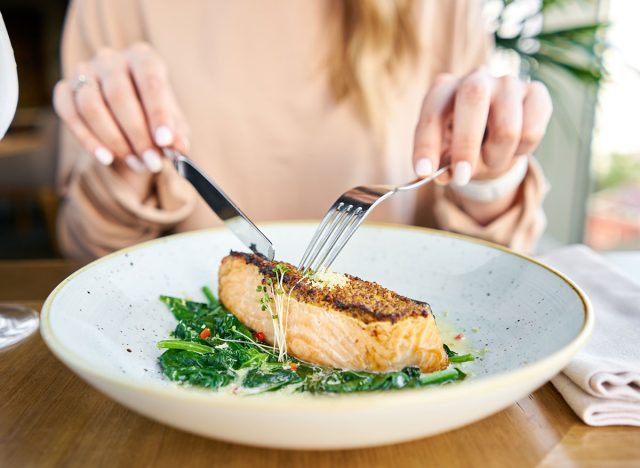
Every week, it is advised to eat about 8 ounces of fish. DHA and EPA omega-3 fatty acids, or a variety of “healthy fats,” are found in fish, especially cold-water oily fish, and may support factors like cardiovascular, visual, and mental health.
Although more carefully planned, human-based clinical trials are required, some evidence suggests that these omega-3 fatty acids may have an impact on the skin barrier and have suppressive effects on the scratching behavior brought on by dry skin.
3. You drink too much alcohol

It’s unlikely that the occasional glass of wine or mug of beer will have a significant impact on the integrity of your skin. However, excessive alcohol consumption can dehydrate the body, increasing the likelihood that someone will have dry skin.
Also, if you want a tasty drink without alcohol, consider a mocktail if you are in the mood for a cocktail.
4. You skip the yolk when you eat eggs
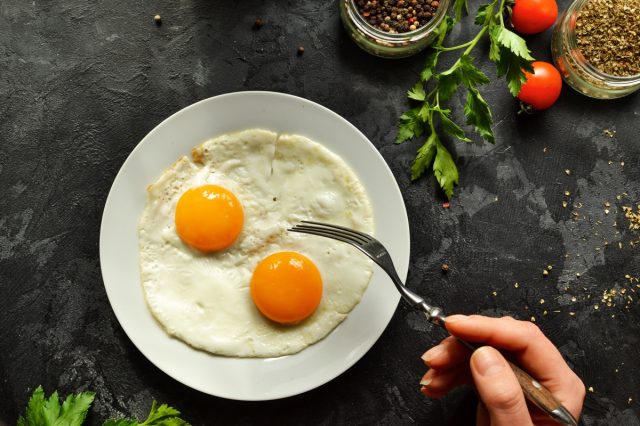
The egg yolk is a nutritional powerhouse, packed with essential minerals including vitamin D. According to some evidence, the condition of the skin’s moisture may be related to low vitamin D levels, underscoring the advantages of vitamin D-rich meals. As part of a heart-healthy dietary pattern, “healthy individuals can include up to a whole egg or equivalent daily,” according to a recent science advisory from the American Heart Association (AHA).
Don’t like egg yolks? Salmon, UV-exposed mushrooms, and fortified 100% orange juice are other foods that you can use to supplement your diet with vitamin D.
5. You don’t include collagen in your diet
In order to enhance skin health, collagen is a popular element in supplements, snacks, and even drinks. And even while some of the claims made about this addition may be dubious, there may be some validity to the idea that consuming collagen might lead to dry skin.
Also, collagen tripeptide has been shown in studies to significantly increase skin hydration and suppleness, which may benefit those with dry skin. Although there is still a lack of data and this solution won’t work for everyone, there is very little risk in trying it out.
Allen continued, saying if someone has “They do not require collagen supplements if they eat a healthy, balanced diet. These collagen-rich foods are ideal for the winter: beef, chicken with skin, and beef, pork, and chicken broth.”


